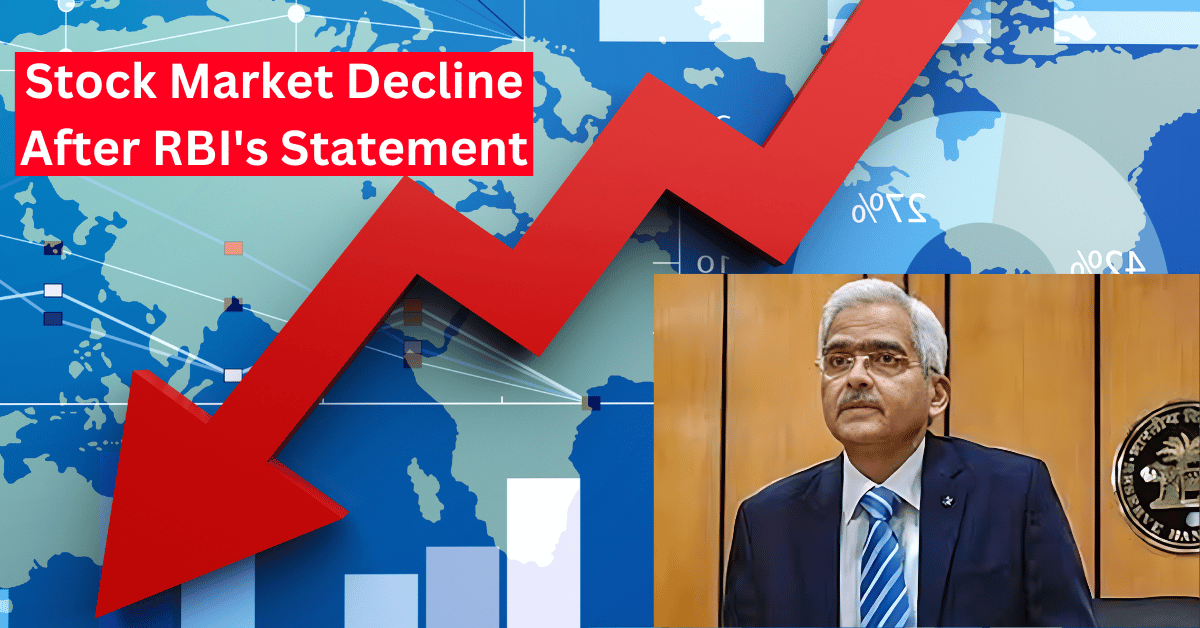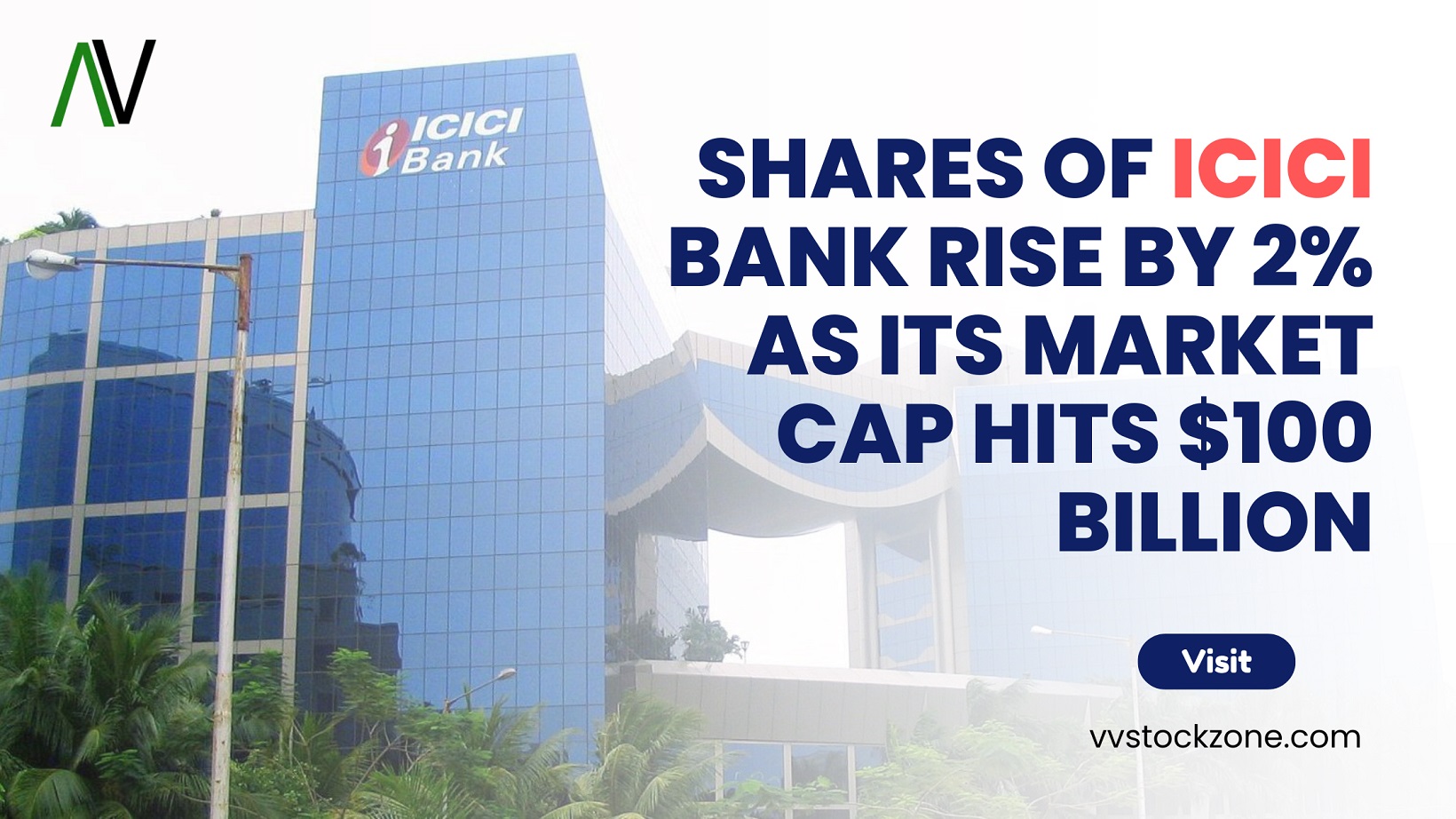Today’s Stock Market: The Indian stock market saw intense selling pressure on Thursday following the Reserve Bank of India’s (RBI) announcement to maintain key rates unchanged following the monetary policy meeting.
During trading on Thursday, the Nifty 50 index dropped by 1%, reached an intraday low of 21,709, and gained close to 225 points.
The BSE Sensex experienced a strong sell-off today following the RBI’s announcement to maintain repo rates at 6.5%. The index reached an intraday low of 71,405 and lost almost 750 points in a single day. Similarly, today’s Bank Nifty index saw a 600-point loss and fell as low as 45,227 intraday.
Reason Why Today’s Stock Market Is Down?
As expected, the RBI maintains interest rates at current levels, but the tone is still cautious about inflation and there are no signs of an interest rate cut in the near term. This is why the stock market crashed following the RBI MPC meeting, according to Sunil Nyati, Managing Director of Swastika Investmart. The market was expecting a dovish stance after the government kept the fiscal deficit at 5.1% in the budget.” In the medium term, we should expect the banknifty to catch up despite the market’s lackluster response. This is because the bias is positive.
According to technical analysis, 22125 is functioning as an immediate barrier for the Nifty 50. If it breaks through, a rally towards the 22222 and 22350 levels is anticipated, according to Sunil Nyati. A 20-DMA of 21670 is a good level of support on the downside.
The 20-DMA of 46300 is an immediate resistance; above this, we can expect a rally towards the 46800–47000 zone. The Bank Nifty has formed a bottom in the 45500–44800 zone, according to a Swastika Investment expert.
After the RBI announcement, what happens next?
Anticipating that the Indian stock market’s volatility will persist, Green Portfolio’s founder and fund manager, Divam Sharma, stated: “We don’t see much significant impact, particularly in the long run. An unchanged repo gave way to some fleeting enthusiasm for the markets.” Since market volatility is expected to persist, equity investors should exercise caution.”
After the RBI announced the status quo on interest rates, Anil Rego, the founder and fund manager at Right Horizons, discussed the industries that are likely to stay volatile. He said, “The banking sector is the most sensitive to changes in rate cycles and has been a major reason for incremental earnings in FY23 and in H1 of FY24 benefitting from the hikes and credit growth being robust and persistent.” Although we anticipate rate cuts to start in the most recent quarter and that the trend in the banking sector will likely continue in FY24, prolonged rate cuts will eventually result in a narrowing NIM. Rate reductions will be most advantageous to NBFCs since banks will follow suit when credit growth picks up. The credit-sensitive industries, such as real estate and auto, will see increased demand, Anil Rego continued.





